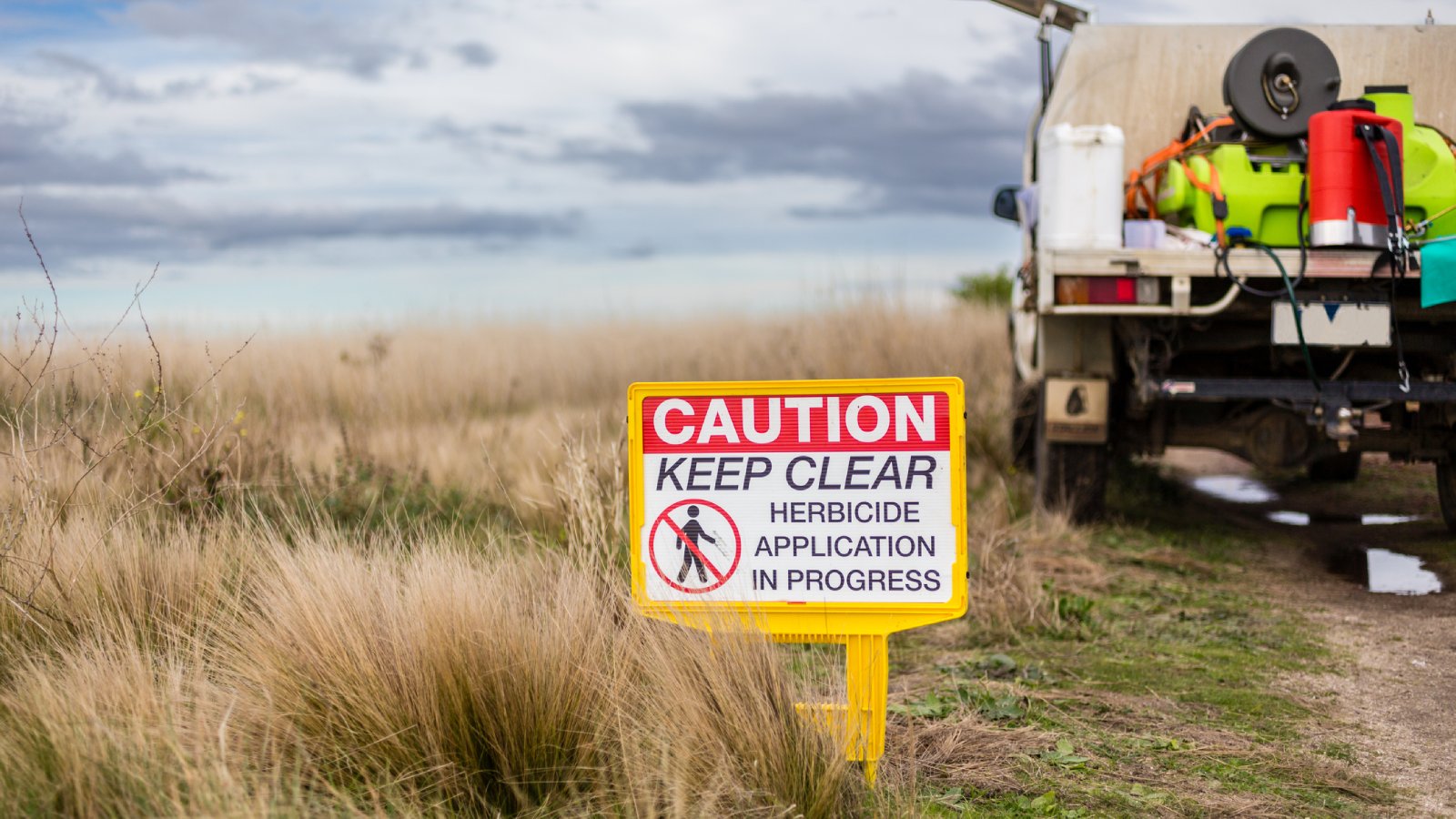Herbicide Carryover In Compost - Can Herbicide Stay In Hay?
Understanding herbicide carryover in compost, manure, hay and other soil amendments is crucial, especially if gardening organically is important to you.


As devoted gardeners, we do our best to make our plants healthy and happy. Soil amendment is one of the easiest ways to add nutrients, enhance tilth, and conserve moisture. Unfortunately, herbicide carryover in compost and other amendments can occur. What is herbicide carryover? The condition mimics several other plant problems, but when it happens to all your plants, you will likely recognize the unlucky occurrence.
Adding animal manure to vegetable and other garden beds is a common practice. Properly cured manure adds a super shot of nitrogen in an easy-to-use form. Other soil amendments might be rotted leaves, straw or hay, shredded newspaper, and other carbon additives to balance the nitrogen and increase porosity. In country settings, manure and other additives are often free. But be careful of such freebies as they may be the source of grass herbicide carryover.
What is Herbicide Carryover?
Many gardeners are familiar with drift, which happens when herbicides are applied in windy conditions and move through the air onto non-target plants. But can herbicides stay in hay and other soil amendments?
The University of Washington extension site has plenty of examples of herbicide carryover in manure and other items from agricultural waste. It occurs when an herbicide that remains active for a long time is either consumed or left behind in hay, straw, clippings, and other organic waste. The types of herbicides that persist for months are pyridine carboxylic acids. They are mostly used to combat broadleaf weeds in fields and can also leech into groundwater.
Symptoms of Herbicide Carryover in Compost and Other Amendments
Herbicide carryover mimics numerous other plant conditions. It may appear as a plant that seems under-watered. It may look like many plant diseases. Herbicide drift is another condition it resembles. Even the presence of insects may be suspected.
The only way to determine if there is grass herbicide carryover or manure contamination is through soil tests. These will determine whether the problem with plants is from carryover or other issues.
The signs of carryover include stunted growth, misshapen plant material, poor seed germination, and death of young seedlings. Cupped, elongated leaves are a major clue. Nightshade plants, beans, peas, legumes, and many other plants are particularly susceptible.
Sign up for the Gardening Know How newsletter today and receive a free copy of our e-book "How to Grow Delicious Tomatoes".
Methods of Contamination
Herbicide carryover in manure is a common cause of problems. This is due to animals eating contaminated plant matter that stays persistent even after going through the digestive process. Even after manure is composted, the herbicide remains active.
But can herbicides stay in hay for long? Hay treated with herbicides will still contain much of the toxic compounds for months. so when an animal eats the hay it is still residual. Also, if you add straw to your garden, it too, can contain herbicide.
The only way to prevent such contamination is to get sterile manure and organic hay or straw. If contamination occurs, you cannot plant in that area for 12 months due to the high toxicity.

Bonnie Grant is a professional landscaper with a Certification in Urban Gardening. She has been gardening and writing for 15 years. A former professional chef, she has a passion for edible landscaping.